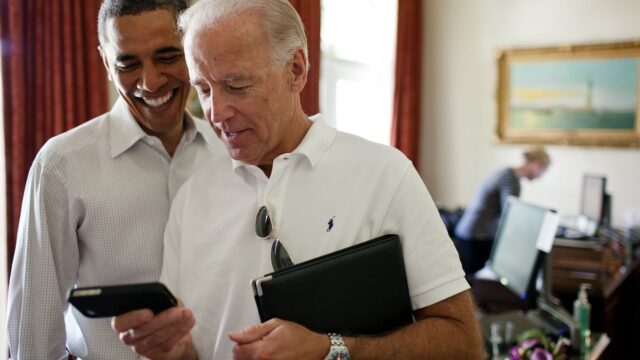iPaulina

The Viral Spread of English
How COVID-19 is diminishing linguistic diversityWhat was the most overused word last year? 'Unprecedented'? 'Lockdown'?
It was probably 'Covid', whether you speak English regularly or not. The acronym for the Coronavirus has language-hopped as far as Afrikaans and Tagalog.
It’s no accident that the internationally recognised term for this disease is an Anglicism. It was chosen in February 2020 by the World Health Organisation, which, despite having six working languages, primarily uses only English in its public communications. The WHO’s policy for naming pathologies prohibits references to individuals, occupations, and places, to avoid creating prejudice by way of association. Using a Chinese-sounding word would most definitely be counterproductive to this goal (as is the use of the ‘kung flu’).
The pandemic has shone a light on this Anglocentrism. In January 2020, criticism was directed at Chinese epidemiologists who published their early findings related to the then-unnamed Coronavirus in more ‘prestigious’ English-language journals, rather than making them available in Mandarin at a time when the virus was still heavily concentrated in China. The British Academy has reported that a severe lack of foreign-language skills among English-speaking government officials, researchers, and healthcare workers has become especially evident throughout the crisis, hindering the transmission of accurate information between frontline workers.
The effects of English’s dominance in science have been felt by the general public, too. A man in rural India reportedly walked into a pharmacy wielding seafood after being told to bring a mask, which he had misheard as ‘maas’, the Assamese word for fish; a funny tale, but one that forecasts more serious consequences of foreign homophones flooding a language.
All the while, the languages of minority populations are side-lined. The UK government failed to translate updated safety guidelines for the significant numbers of speakers of Welsh, Urdu and Arabic living in the UK. Australia’s Department of Home Affairs made the effort, but only barely; in November it was revealed that they had run public health messaging through Google Translate, intended for the country’s 800,000–1,000,000 people who speak little to no English.
If any global event could diminish linguistic diversity, it’s a pandemic. COVID-19 has threatened the remote Andaman Islands, where tiny, vulnerable tribes carry centuries worth of linguistic heritage. Meanwhile, cultural globalisation is underway as more employers, institutions, and event organisers go fully remote. For many, the internet is a ticket to greater opportunities, and a command of the English language is essential.
Different words have been used to express English’s current privileged position in the international market (monopoly, hegemony), but in 1994, sociolinguists Robert Phillipson and Tove Skutnabb-Kangas proposed calling it a pandemic. A powerful word, as we well know. COVID-19 may be gradually subsiding, but it doesn’t look like the spread of English is slowing anytime soon.
Eppie VI

Make Christmas Merry

Disney: Only In It For the Money?

Is Black Friday a scam?

Free, semi-free, or sky-high: the cost of higher education

Biden Halts Arms Trade with Saudi

Angela Merkel Stepping Down

Could you use an app instead of going to the doctor?
